ROE V WADE
The case was based on a challenge by Jane Roe and an intervening doctor against Texas’
State Penal Code, articles 1191-1194 &; 1196, which prohibited abortion but for the life of
the mother being threatened. Roe, unable to receive a legal and safe abortion since her life was not at risk, brought forth a constitutional challenge that the state regulations violated fundamental rights outlined in the US Constitution. Justice Blackmun, writing for the majority, based his decision on the recognized right to privacy, which, although is not explicitly stated in the Constitution (resides implicitly in 14th or 9th Amendments), had been extensively recognized in case law in matters of family planning, marriage, procreation, contraception, and child rearing.
That there is a right for a woman to terminate a pregnancy without state interference as a right to privacy in her own family matters – but that this right is not absolute. States can attempt to regulate in this arena, but those regulations must be examined/evaluated in the due process of the law
In his reasoning, Blackmun J outlined a balancing of 3 factors; Rights of a pregnant woman from state interference in bodily autonomy; State interest in pregnant women’s safety; and State interest in protecting the potential for life.
Blackmun J thus outlined a system for abortion regulation wherein there is no state interference in the first trimester; states may regulate abortion in relation to prioritizing maternal health and safety in the second trimester; and following viability (third trimester), the state may regulate to protect potentiality of human life (where it does not threaten the life of the mother).
Mississippi Department of Health et al. v Jackson Women’s Health Organization et
al.
Written by Justice Samuel Alito, his reasoning centered around common arguments among constitutional originalists – where he sought any mention of a right to abortion in the Constitution (there is not), and argued that a right to abortion is not deeply rooted in their nation’s history and traditions, and therefore should not be read into the Constitution the way that it was in Roe v Wade.
The
reasons that it would be permissible to overrule 50 years of precedent:
Court
error – he argued that the court interpreted a moral question that should have
been left for the people to decide
Quality
of reasoning – he argued Roe v Wade is not grounded in Constitution or
precedent
Workability
of the ruling – he argued that the reasoning is not easily understood or
applied, it’s too vague
Effects
on other areas of the law – he argued that Roe v Wade diluted standards for
constitutional challenges
Reliance interests – he argued that this ruling
hasn’t created concrete reliance interests for Americans, and thus the court is
not obligated to uphold it.
Given
these reasons, he concluded that abortion should be regulated “by the people”
ie by state governments, without federal interference.







 1180
1180
 1
1

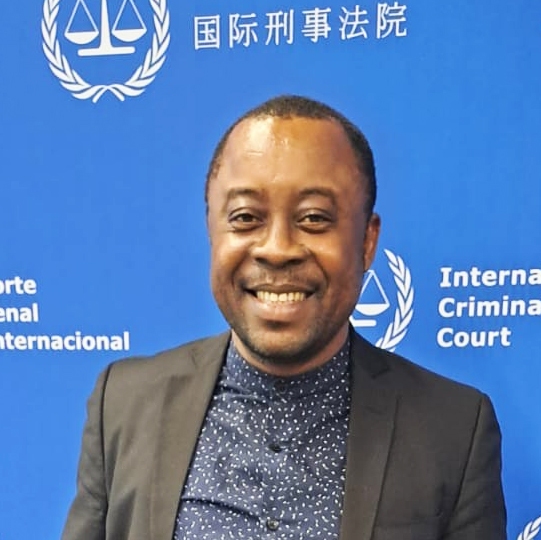
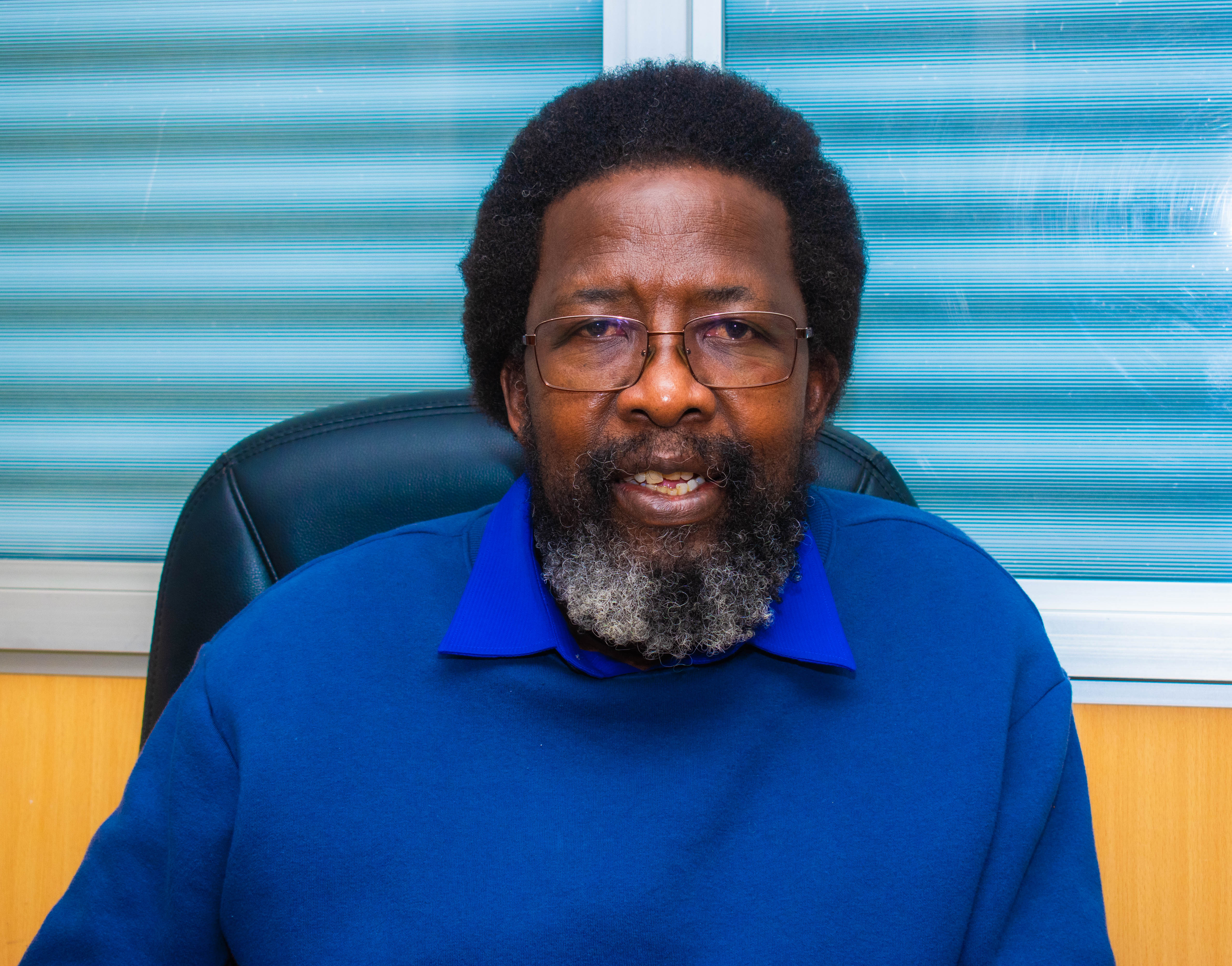
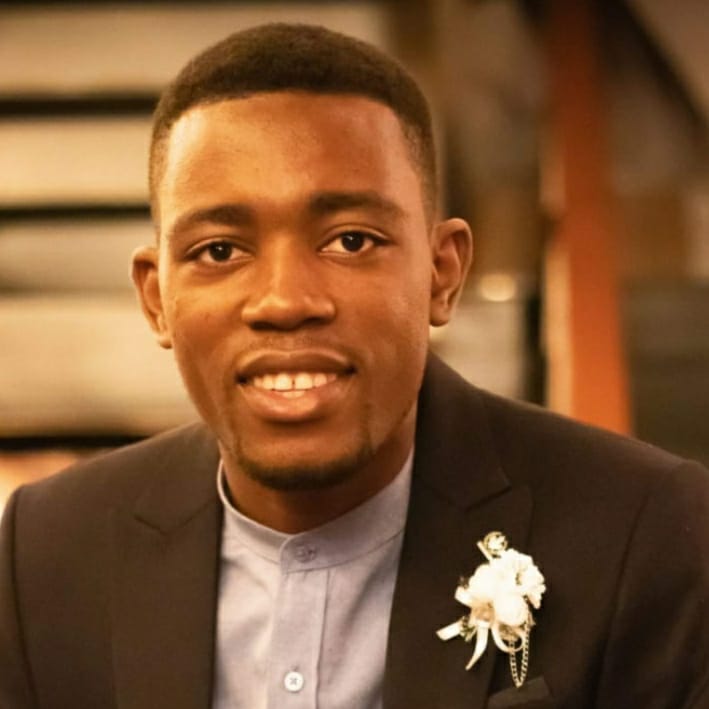


 Share this session
Share this session






 Würzburg, Germany
Würzburg, Germany







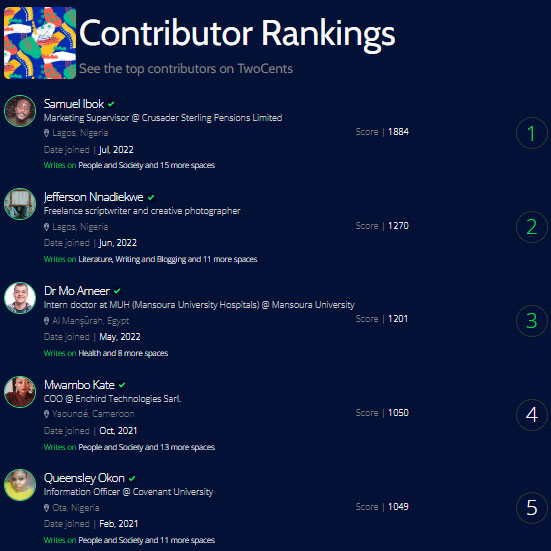






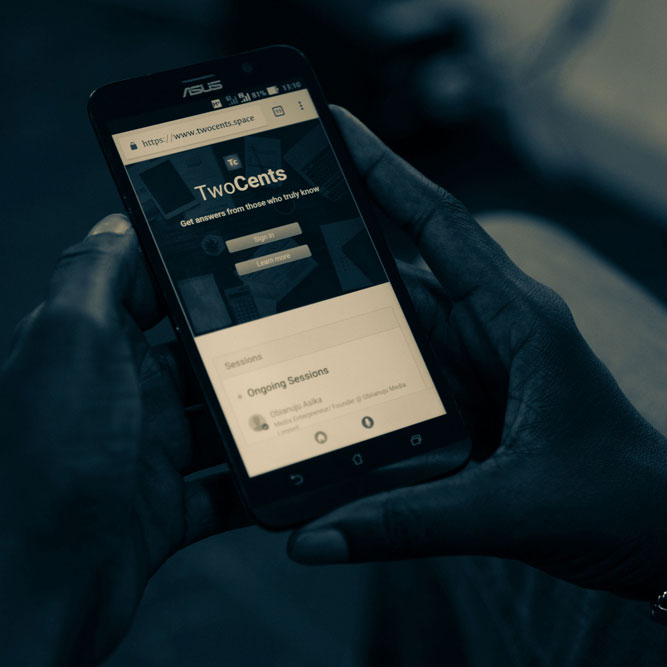






















Comments